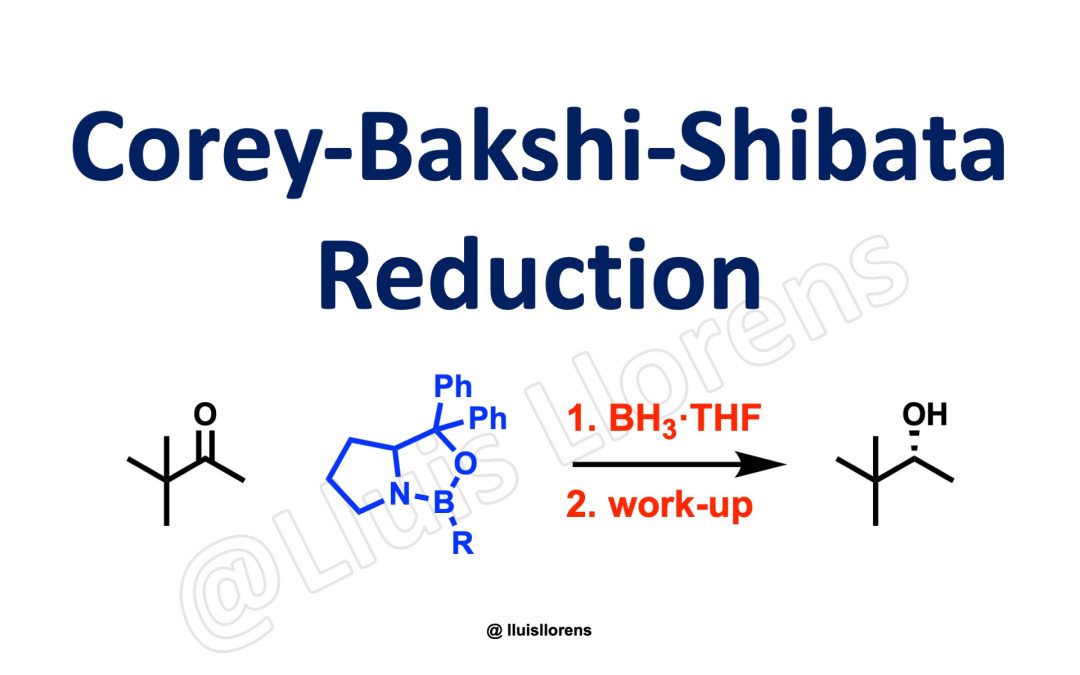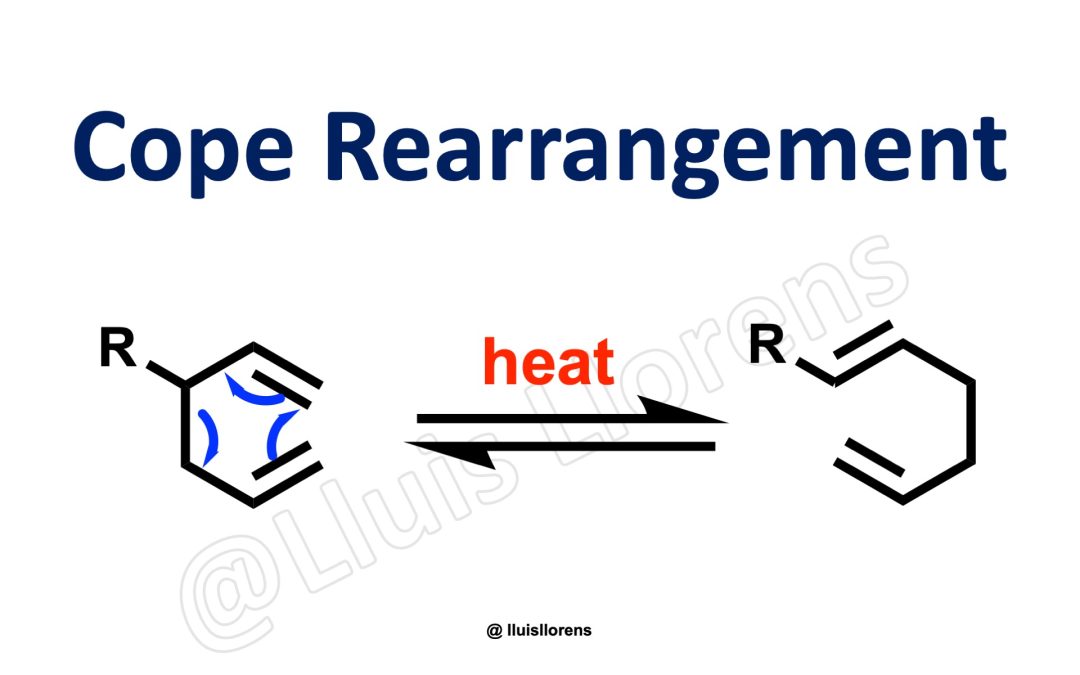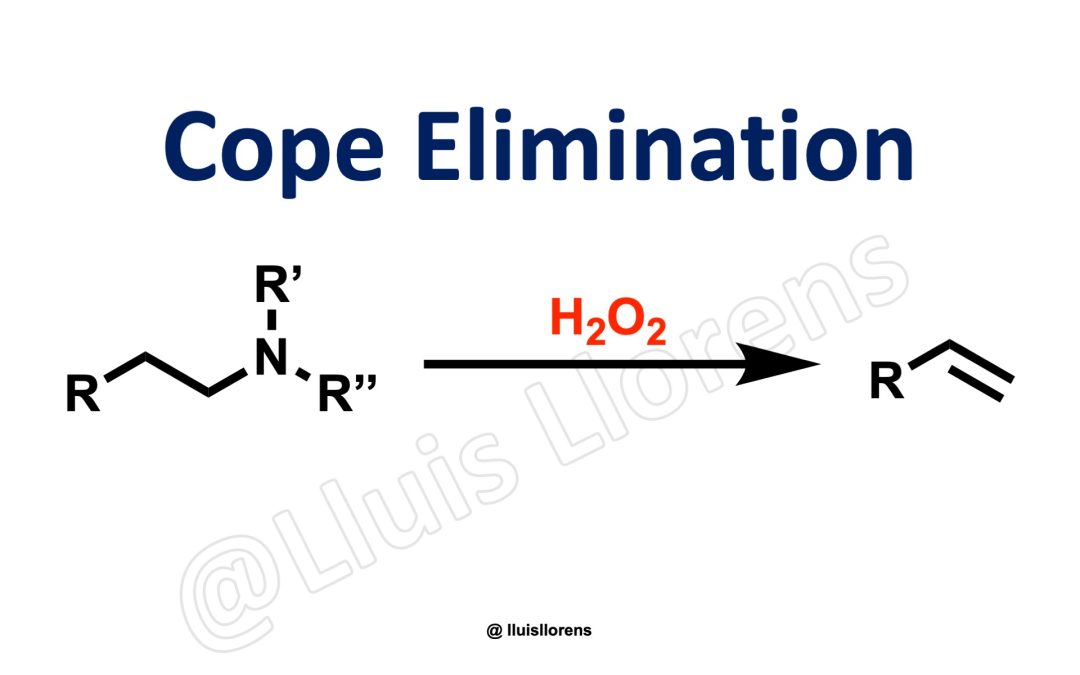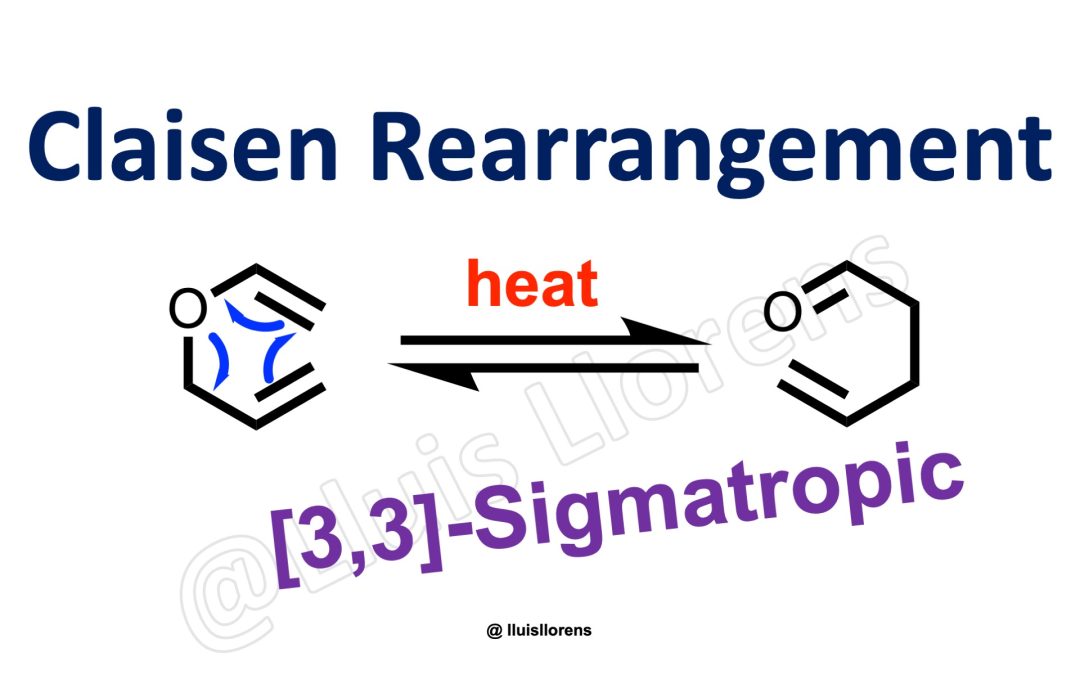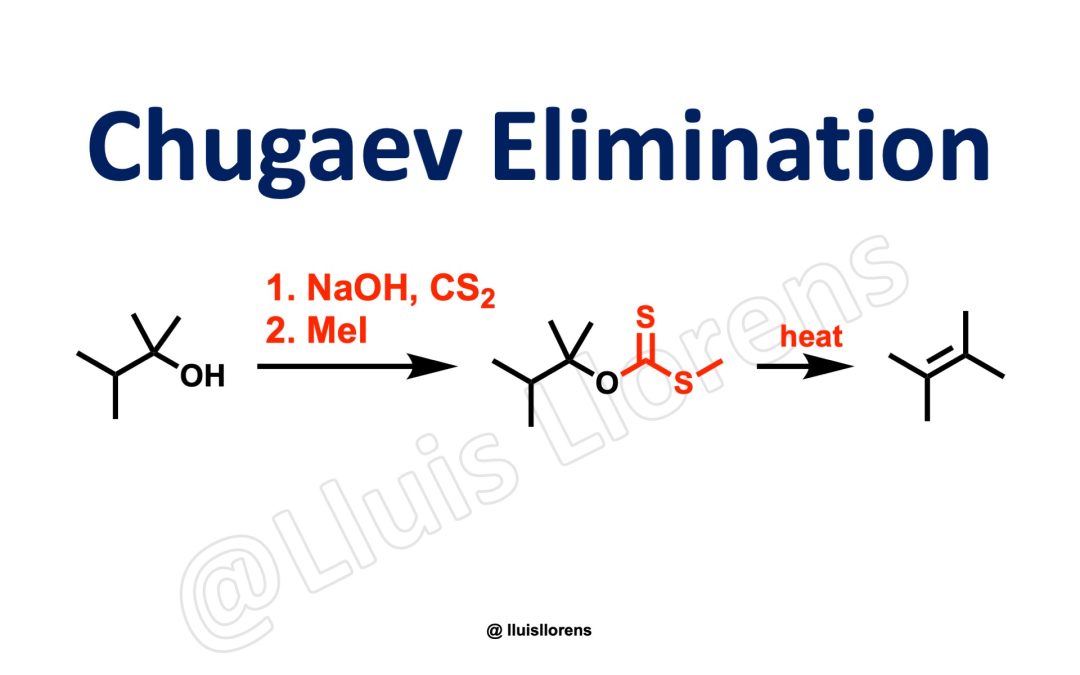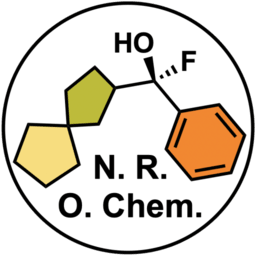Necessary cookies help make a website usable by enabling basic functions like page navigation and access to secure areas of the website. The website cannot function properly without these cookies.
| Name |
Domain |
Purpose |
Expiry |
Type |
|
wpl_user_preference |
nrochemistry.com |
WP GDPR Cookie Consent Preferences. |
1 year |
HTTP |
|
YSC |
youtube.com |
YouTube session cookie. |
55 years |
HTTP |
Marketing cookies are used to track visitors across websites. The intention is to display ads that are relevant and engaging for the individual user and thereby more valuable for publishers and third party advertisers.
| Name |
Domain |
Purpose |
Expiry |
Type |
|
VISITOR_INFO1_LIVE |
youtube.com |
YouTube cookie. |
6 months |
HTTP |
Analytics cookies help website owners to understand how visitors interact with websites by collecting and reporting information anonymously.
| Name |
Domain |
Purpose |
Expiry |
Type |
|
_ga |
nrochemistry.com |
Google Universal Analytics long-time unique user tracking identifier. |
2 years |
HTTP |
|
sbjs_migrations |
nrochemistry.com |
Sourcebuster tracking cookie |
55 years |
HTTP |
|
sbjs_current_add |
nrochemistry.com |
Sourcebuster tracking cookie |
55 years |
HTTP |
|
sbjs_first_add |
nrochemistry.com |
Sourcebuster tracking cookie |
55 years |
HTTP |
|
sbjs_current |
nrochemistry.com |
Sourcebuster tracking cookie |
55 years |
HTTP |
|
sbjs_first |
nrochemistry.com |
Sourcebuster tracking cookie |
55 years |
HTTP |
|
sbjs_udata |
nrochemistry.com |
Sourcebuster tracking cookie |
55 years |
HTTP |
|
sbjs_session |
nrochemistry.com |
SourceBuster Tracking session |
Session |
HTTP |
Preference cookies enable a website to remember information that changes the way the website behaves or looks, like your preferred language or the region that you are in.
| Name |
Domain |
Purpose |
Expiry |
Type |
|
NID |
google.com |
Google unique id for preferences. |
6 months |
HTTP |
Unclassified cookies are cookies that we are in the process of classifying, together with the providers of individual cookies.
| Name |
Domain |
Purpose |
Expiry |
Type |
|
VISITOR_PRIVACY_METADATA |
youtube.com |
--- |
6 months |
--- |
|
woocommerce_geo_hash |
nrochemistry.com |
--- |
Session |
--- |
|
_ga_Q47NGCVMY8 |
nrochemistry.com |
--- |
2 years |
--- |
